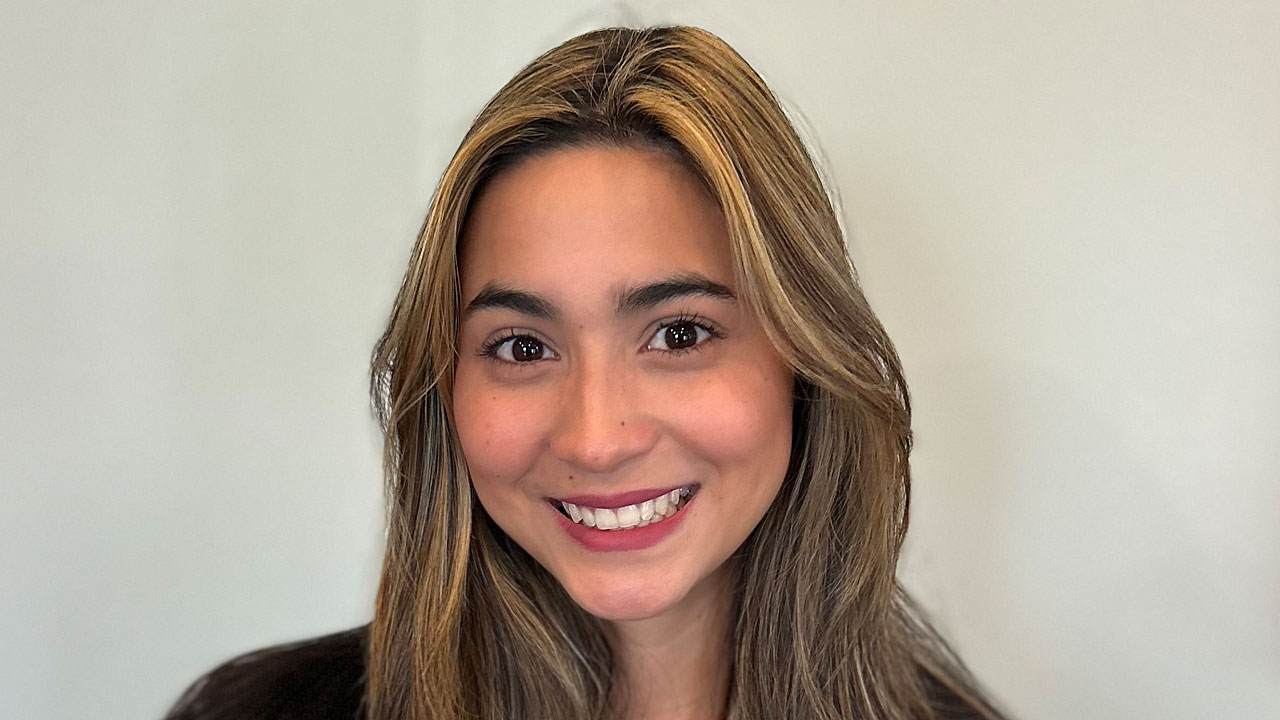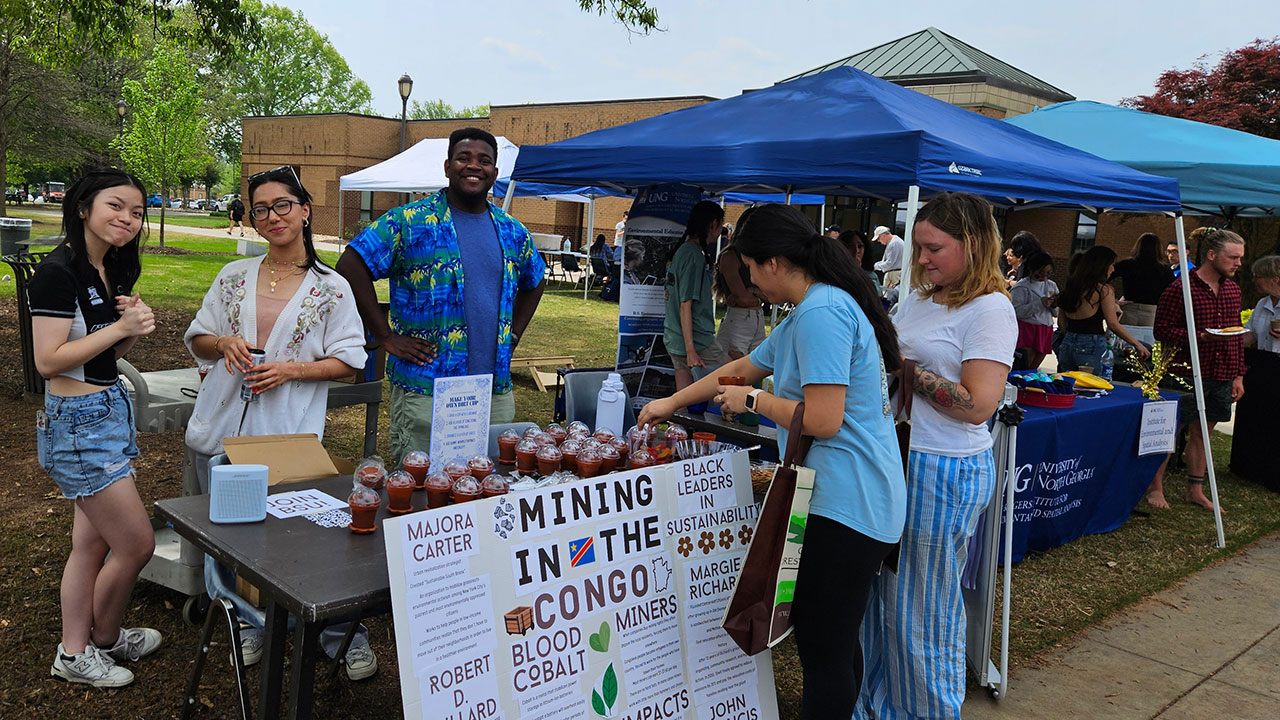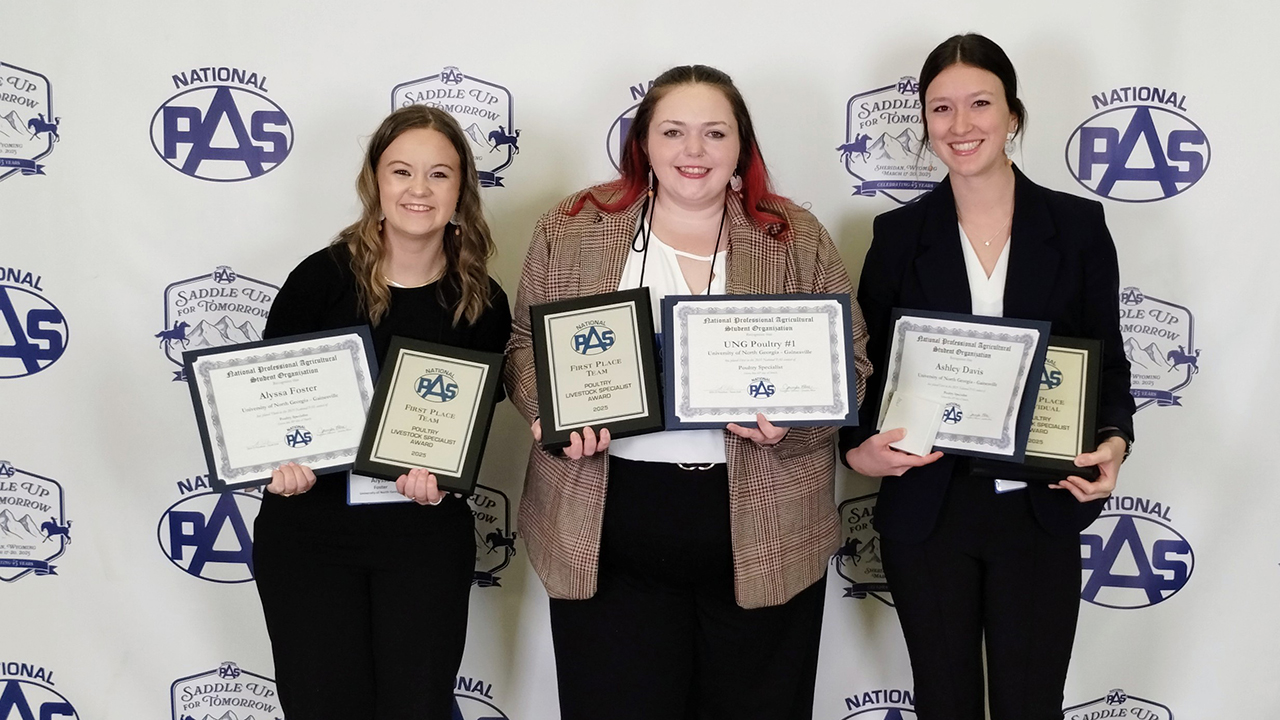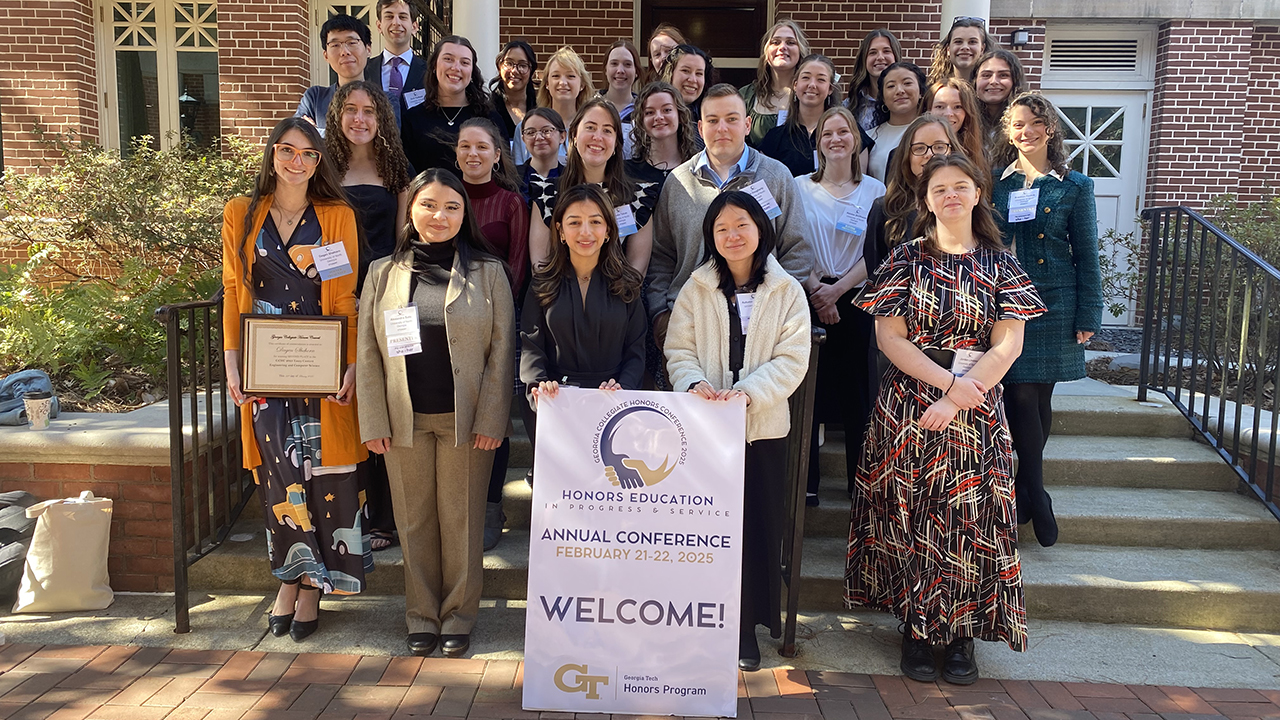Chemistry and biology students earn summer research experiences

Article By: Staff
From inorganic chemistry and nanomaterials to fungi, five University of North Georgia (UNG) students will conduct research in their chosen fields at colleges and universities across the nation this summer through the National Science Foundation (NSF) Research Experiences for Undergraduates (REU).
NSF funds a large number of opportunities for undergraduates to work in the research programs of higher education institutions.
UNG students with REUs are:
- Nathan "Nate" Clement, a junior from Peshtigo, Wisconsin, pursuing a degree in chemistry, will work at Clemson University in South Carolina.
- Chloe Cromer, a junior from Cumming, Georgia, pursuing a degree in biology, will work at the University of New Mexico (UNM).
- Emily Shrewsbury, a sophomore from Dallas, Georgia, pursuing a degree in chemistry, will work at the University of Alabama.
- Brooke Tate, a sophomore from Cumming, Georgia, pursuing a degree in chemistry, will work at the University of Connecticut.
- Jarek Viera, a senior from Lawrenceville, Georgia, pursuing a degree in chemistry, will work at Cornell University in New York.
Through their specific programs or REUs, students work on a research project with faculty and other researchers at a host school. The students are granted stipends and, in many cases, assistance with housing and travel. Undergraduate students supported with NSF funds must be citizens or permanent residents of the United States.
The UNG students applied for the REUs to boost their knowledge in research skills and increase their graduate school odds.
"I want to go to graduate school, and this is a great way to do it because I will learn more about research," Clement said, adding an undergraduate research project and a professor inspired him to apply for an REU. "Dr. Brynna Quarles did an REU at Clemson, then she got into graduate school at Clemson. That story got me to apply to the REU in the first place."
Applying for an REU this summer was the furthest from Viera's mind. Then two professors encouraged him to apply. He was glad he did. Viera was accepted into two REU programs, and the choice was an easy one.
"Having an Ivy League school like Cornell offer me an REU is too much to pass up," he said, adding the experience of researching 2D nanomaterials was a motivating factor.
Shrewsbury also received offers from two REU programs. She accepted the one at the University of Alabama because it involves inorganic chemistry.
"My ultimate goal is it work with inorganic chemistry in a lab," she said. "The REU will give me the research skills to use toward that goal."
Tate said she has been drawn to research since she stepped on UNG's campus because of the collaborative and diverse environment.
"UNG is small enough that many students can get hands-on experience," she said. "The faculty is extremely accessible and students, if they desire, can jump into research with a number of professors here."
Cromer said the support and encouragement from UNG faculty gave her the confidence to apply for an REU. Now she will measure and assess how the vegetation growing in three different ecosystems affects soil fertility and stability at the Sevilleta Field Station in La Joya, New Mexico.
"I owe a lot to the professors who helped shape me to be the person I am today," she said.



